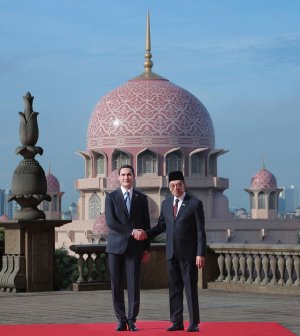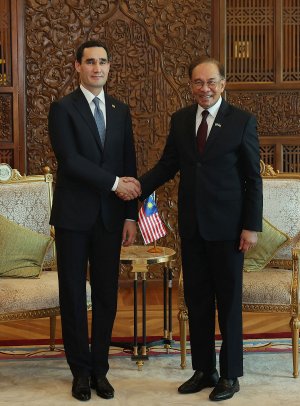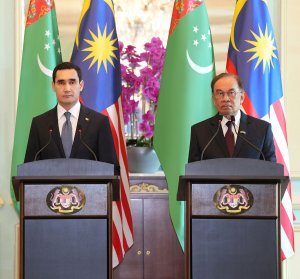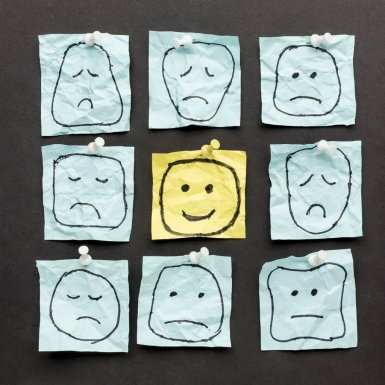Among the various international conventions and multilateral documents that Turkmenistan intends to join this year, there is such an important document in the fields of ecology and climate change as the Kigali amendment to the Montreal Protocol on substances that Deplete the ozone layer.
In her interview with the Neutral Turkmenistan newspaper, Myahri Saparova, a specialist at the Ozone center under the Ministry of agriculture and environmental protection of Turkmenistan, which operates in the country under the mandate of the United Nations industrial development Organization (UNIDO), provided the following explanations regarding this document.
The Kigali amendment was adopted in 2016 in the city of Kigali (Rwanda) at a time when hydrofluorocarbons (HFCs), which unfortunately turned out to be greenhouse gases, were already actively used instead of ozone-depleting substances. Although these substances do not affect the ozone layer, their concentration is reflected in the increase in global air temperature. They are still widely used in refrigeration systems, air conditioning systems, fire protection equipment, in the production of insulation foam, etc.
The Kigali amendment is aimed at reducing the turnover of these freons, which are fluorinated greenhouse gases that harm the environment. The amendment came about against the background of the adoption of the global Agenda until 2030, the sustainable development goals, and the signing of the Paris agreement.
In this regard, it was emphasized that the parties to these agreements, agreements and aspirations are responsible for preserving an environmentally sustainable world, including wildlife, which is based on preserving the protective ozone layer of the planet and curbing climate change processes.
For the parties to the new amendment, there is a certain "flexibility" in the conditions for its implementation, that is, time and opportunity are provided for gradually reducing the consumption of freon gases so that each state can agree on this in the context of their respective interests. At the same time, if the document is adopted, developing countries will have enough time to "freeze" the volume of use of such freons, that is, to have their own basic level of consumption, to determine their own priorities for certain actively used HFCs, as well as the right to technical and material assistance from the world community.
To date, the document is supported by 91 countries around the world. Preparations in this direction are continuing in Turkmenistan. For the parties to the Kigali document, a phased reduction will be practiced, rather than stopping the use of the usual freons immediately and completely. That is, it will be understood that in some cases the use of certain types of freons is appropriate. Full ratification will protect the ozone market and help protect the global climate. According to experts, by 2100, this will help prevent the temperature from rising to 0.54 degrees Celsius. Consumption of ODS in Turkmenistan has been declining since 1993, and 99 per cent of these substances have been withdrawn from circulation to date.













